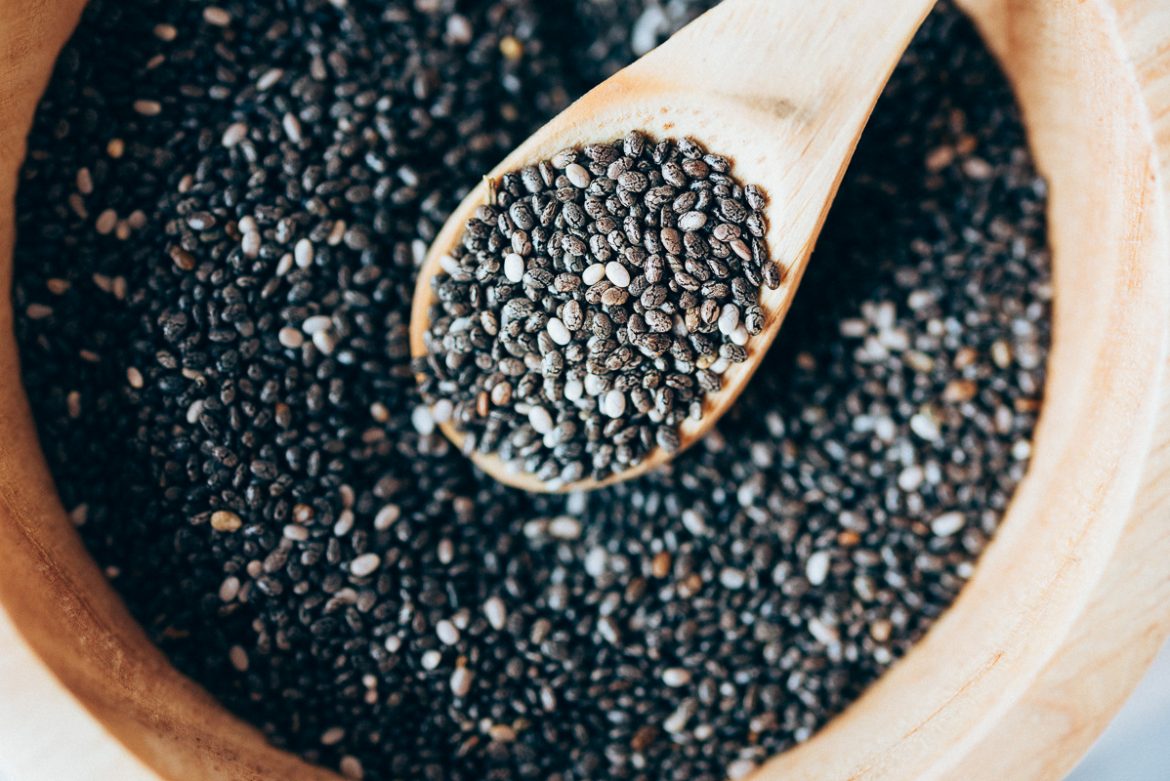Study shows that the consumption of plant-based protein can increase human lifespan
The study
A team of researchers from the National Institutes of Health National Cancer Institute found that aged people who eat more plant-based protein instead of meat-based protein tend to live longer lives. In their article published in JAMA Internal Medicine, the group described their analysis of a database compiled by a team working on the Diet and Health Study at the National Institutes of Health-AARP.
For the past few decades, food and health experts have been working to better understand which foods are bad for people and which ones are good. The process has led to conflicting messages. In this new effort, the researchers have specifically looked at protein consumption. Protein can be found in red meat, pork, chicken, seafood, and eggs. But it can also be found in plant-based foods such as peanuts, chia seeds, tofu, broccoli, and oats.
The researchers wanted to know if eating animal-based protein rather than plant-based protein made a difference in longevity. To find out, they accessed data from the NIH-AARP Diet and Health Study, which has been collecting data on diet and health from people aged 50 to 71 for the past 16 years.
In the database, there’s information on 179,068 women and 237,036 men from several states and two major cities, Detroit and Atlanta. The average age of participants when they were registered in the database was 62 years. The database contains information on the diet of each individual, allowing the researchers to track the amount of protein they consumed and whether it was of plant or animal origin.
The conclusions
The researchers found that men or women that consumed more than the average amount of plant-based protein had a 5% lower mortality rate than average. They also found that the more plant-based protein a person ate, the longer they lived. And they found that those who switched only 3% of animal protein in their diets for plant-based protein observed a 10% mortality risk reduction.
The researchers also found that switching animal-based protein for plant-based protein led to the reduction of cardiovascular disease. Switching just 3% of such protein resulted in an 11% reduction in cardiovascular-disease-related deaths in men and a 12% reduction in women.
Link: https://www.sochob.cl/web1/un-estudio-muestra-que-el-consumo-de-proteinas-vegetales-puede-aumentar-la-esperanza-de-vida-humana/
Date: July 18th, 2020
Source: https://medicalxpress.com
Reference: Huang J, Liao L ,Weinstein S, et al. Association between plant and animal protein intake and overall and cause-specific mortality. JAMA Intern Med. Published online July 13, 2020.
Nutrigenomics Institute is not responsible for the comments and opinions included in this article






